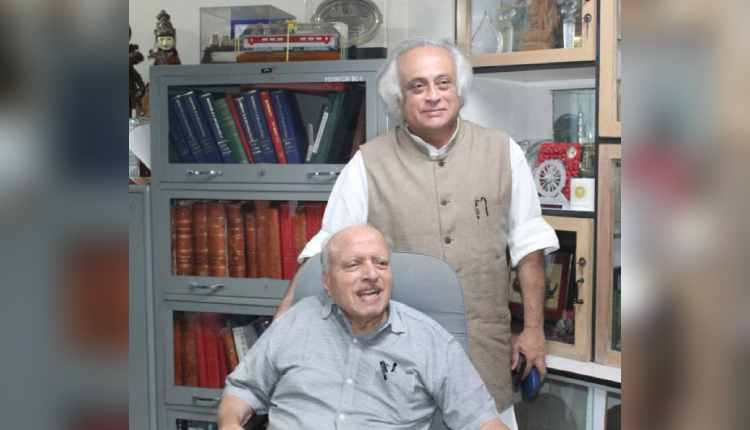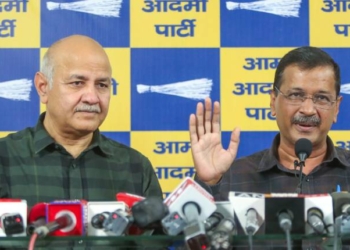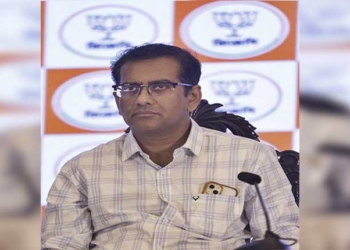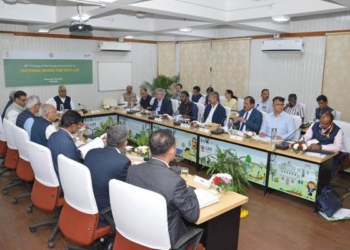New Delhi: Congress on Thursday condoled the death of eminent agricultural scientist and father of India’s “Green Revolution”, M.S. Swaminathan, who passed away earlier in the day and recalled his contribution in making India self-sufficient in rice and wheat by the mid-70s.
In a post on X, formerly Twitter, Congress General Secretary Jairam Ramesh said, “Dr M.S.Swaminathan, the key scientific architect of the Green Revolution, that made India self-sufficient in rice and wheat by the mid-70s has just passed away. He was a great institution builder, an inspiring teacher, a motivational leader, but above all, a man of the greatest humility and sobriety who allowed his achievements both in India and other parts of Asia to speak for themselves.”
Recalling the works of Swaminathan, Ramesh, who is also a Rajya Sabha MP said, “It was because of him that Indira Gandhi created the Department of Agricultural Research and Education in April 1972. Keeping in view the imperatives for ecological sustainability, he was the first to call for the Green Revolution to become what he called an EverGreen Revolution.”
Ramesh said that Swaminathan spent the last three decades especially propagating this cause, both in government and through the research foundation he established in Chennai.
“He will remain an iconic figure. I was in regular touch with him and every interaction was a source of great education for me,” the Congress leader added.
Even Congress General Secretary (Organisation) K.C. Venugopal in a post on X, said, “I am deeply saddened to hear about the tragic demise of Dr. MS Swaminathan, the Father of the Green Revolution. His contribution to Indian agriculture transformed the lives of millions. We are committed to take his vision forward every opportunity we get. Om Shanti.”
Swaminathan breathed his last on Thursday at 11.15 a.m. at the age of 98 in Chennai.
Born on August 7, 1925 in Tamil Nadu’s Thanjavur district, he was an agronomist, agricultural scientist, plant geneticist, administrator, and humanitarian who played a crucial role in developing high-yielding varieties of paddy that helped ensure India’s low-income farmers produce more yield.
(IANS)















